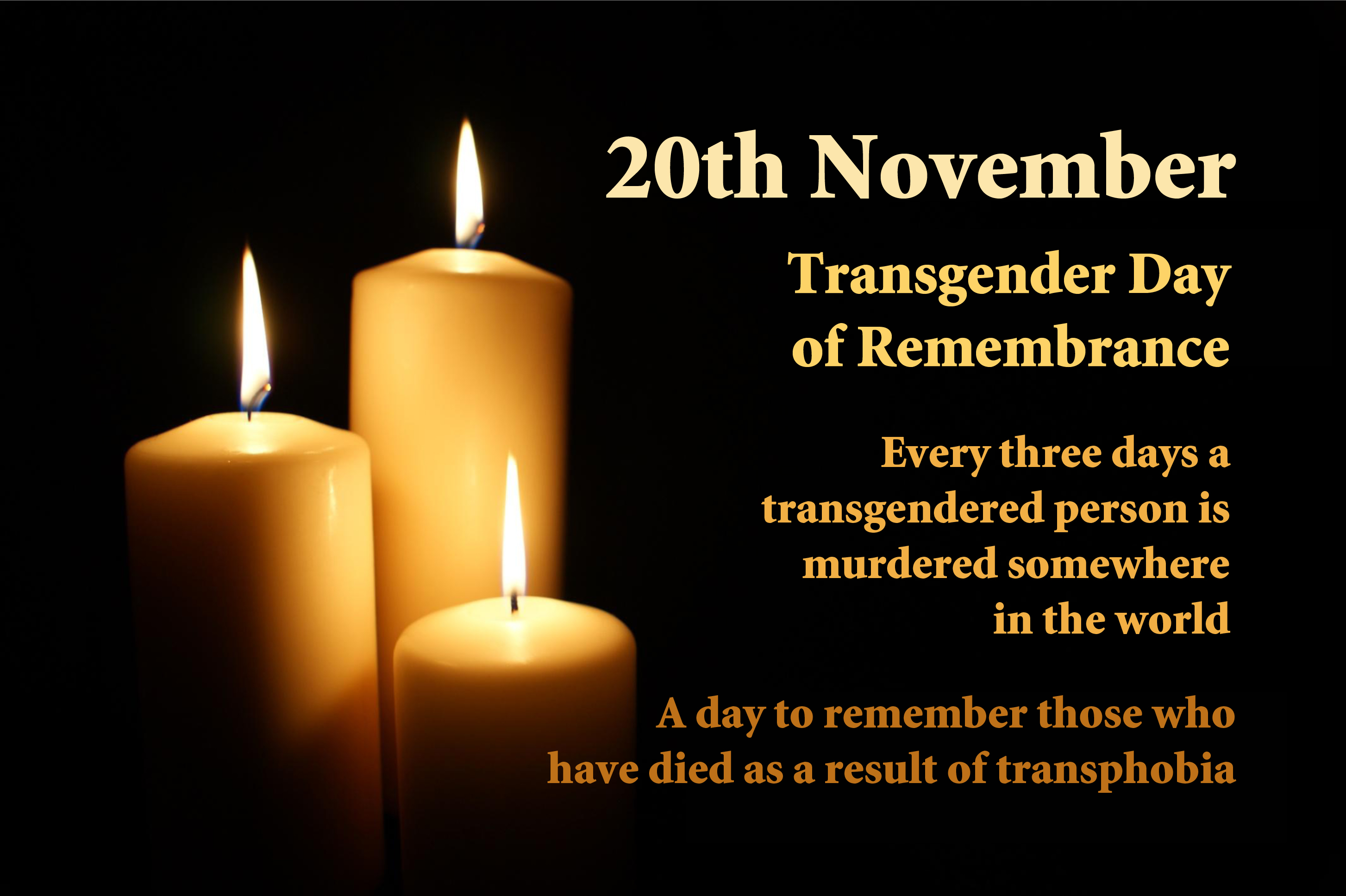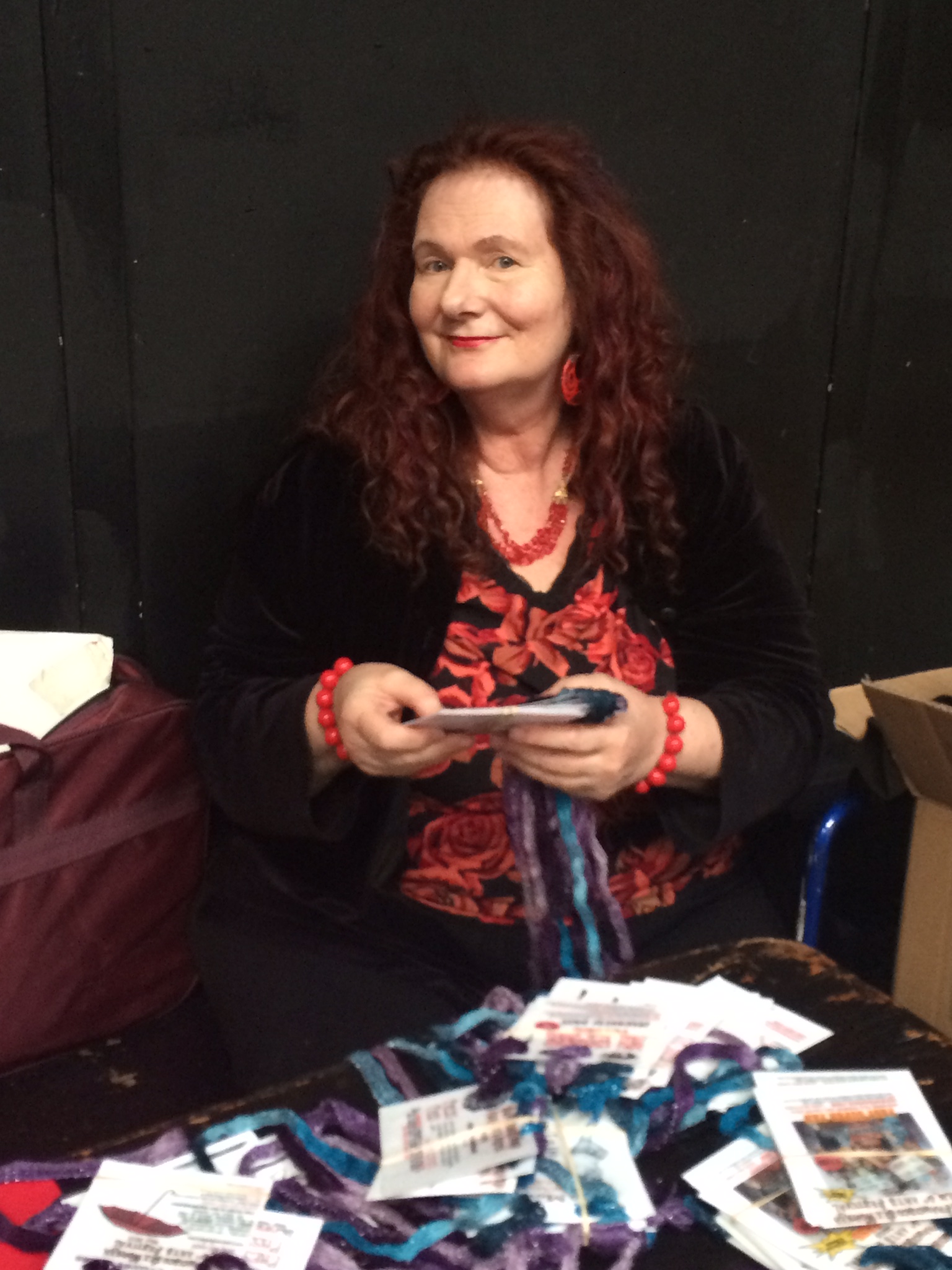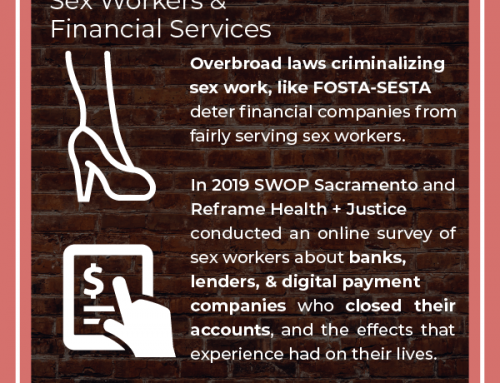On November 20, Sex Workers Outreach Project will join trans communities in recognizing Trans Day of Remembrance. The Day of Remembrance began in 1998 in Boston, as the trans community mobilized around the murder of activist and advocate Rita Hester. The vigils and speak outs held around the country are a moving and stark reminder that for millions of transgender people worldwide, the fight for survival continues.
In 2015, 12 of 41 sex workers murdered in the United States were trans women (29% of sex worker homicides), and 11 were trans women of color. This is a continuation of trends identified in 2012 Anti Violence Project (AVP) Report which found that 50% of GLBT homicide victims were trans women of color, and 23% homicides were connected to sex work.
This year, our community lost Sharmus Outlaw, of Washington D.C., Alessa Flores, of Mexico City, and Hande Kader of Istanbul, three young and powerful sex worker activists and trans women of color. Another trans women of color and leader in our community, Gigi Marie Thomas, has been in jail for over a year, awaiting trial for acting to protect her own life.
On this day, we stand in solidarity with trans communities. We recognize that violence against trans women, especially trans women of color, is central to our fight to end violence against individuals involved in the sex trade. It is also central to protecting the lives of the trans leaders within our own movement.
For us, TDOR is a call to not only to end physical violence against trans women, but also to end the discrimination and social isolation that pushes many trans and gender-nonconforming individuals, especially trans communities of color to engage in street economies, and which results in disproportionate violence, criminalization, and marginalization for trans women engaged in street economies and the sex trade.
As a movement, we recognize the daily violence that trans people, especially trans women and especially trans women of color face. When we think of Sharmus, Alessa, Hande, and Gigi, and we look at the U.S. names this year, we see and call to end a chain of structural and interpersonal violence because of race, class, gender identity, and engagement in street-based economies and the sex trade.
We see a cycle where trans and gender-conforming individuals are pushed out of schools and removed from and kicked out of homes, are profiled, arrested and charged with petty crimes, and are discriminated against by the police, by employers, and by helping systems.
Discrimination leads to (and is compounded by) lack of educational opportunity and criminal records, pushing trans women of color into the criminalized forms of work that they are so frequently profiled as engaging in.
In the sex trade, these individuals are often pushed into more dangerous environments because of gender identity, race, and education, and they are disproportionately discriminated against by not only police and corrections officers but also social service providers and face disproportionate violence compared to their cisgender peers.
And as we lift up the names and lives of those lost to violence we also seek to hold the systems accountable that could have helped to prevent these tragedies. Too many times law enforcement, correctional officers, and public officials turn a blind eye to violence rather than “protect and serve” trans people.
For us, TDOR, like the International Day to End Violence against Sex Workers, is a call to end systemic violence, criminalization and discrimination against black women, trans women, and sex workers. We need to fight things that push trans and gender non-conforming individuals, especially trans women of color into the sex trade: unequal treatment in schools, DCFS, and court systems, by helping systems.
We demand an end to police profiling & criminalization of non-violence survival crimes like sex work. We need to halt discrimination by employers, case managers, educational institutions, police, and criminal justice systems. And rather than accepting the vulnerability of sex workers, we need to fight factors that make people who do engage in sex work vulnerable.
(reprinted from SWOPUSA)




